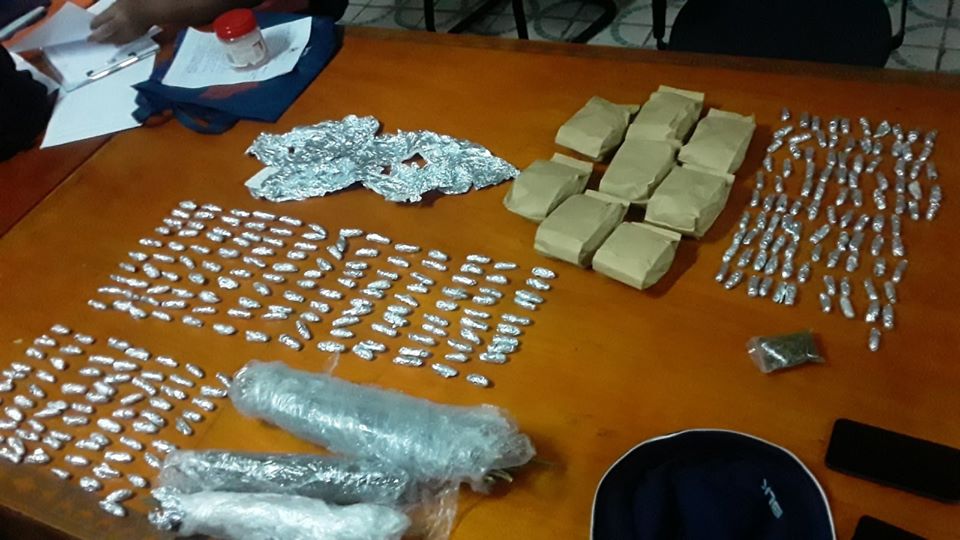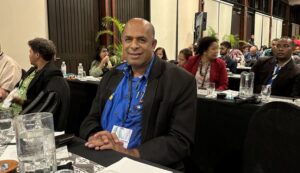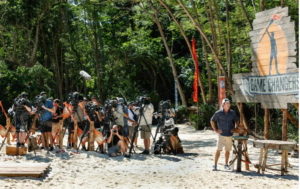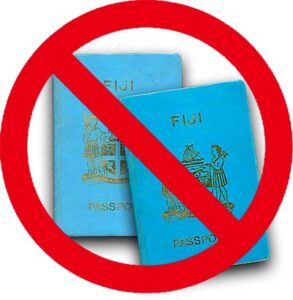According to the Ministry of Education, 1.7% of Fiji’s approximately 207,000 registered students have been involved in drug-related incidents, totalling about 3519 students.
This figure was disclosed during a recent parliamentary committee session where officials discussed ongoing efforts to address the issue.
Despite the relatively low percentage, Permanent Secretary for Education Selina Kuruleca expressed concern about the rise in reported cases, particularly in schools located in “red spot” areas where drug activities are believed to be more prevalent.
The Ministry had requested the Fiji Police Force earlier in the year to introduce canine units into schools as part of their detection and prevention measures.
“This is something we had requested the Fiji Police in March this year, just randomly placed in schools in the red zone,” Kuruleca said. “Unfortunately they do not have the capacity presently to do that.”
While the canine program has faced delays, police presence has been increased at key events like inter-school sporting competitions such as the national athletics finals and Deans rugby competition to monitor potential drug use.
“The other issue the Fiji Police Force brought up that some young people, majority of the students in our schools are not involved. The current statistics we have 1.7% of the entire student population – 1.7% of 207,000 have been involved in cases of licit and illicit drugs. So about 98% are not part of that.”
A task force composed of 75 stakeholders, including representatives from various ministries and civil society organisations, convened its first meeting yesterday.
The task force highlighted the crucial role of family involvement in addressing the issue. “Problems often start within the family, and solutions also lie there,” Kuruleca said. “How do we integrate that into the curriculum? How do we integrate that in the different events that our children are in? How do we ensure that we are talking to our families about parenting skills?”
The ministry has been focusing on strengthening family life education, civic education with elements of healthy living, among other intervention measures to ensure early prevention.
The task force also looked into incidents of HIV/AIDS in schools and considered “out of the box” legal interventions, such as referral pathways for those who test positive, and ensuring that tested students are not chastised by their classmates.
“The problem is everywhere, we acknowledge it, and we need help. Our priority is to ensure the safety and well-being of our children, and that requires a coordinated national response,” Kuruleca said.
Photo: File









